- Why Domain Extensions Matter for Brand Protection
- Safeguarding Against Cybersquatting and Brand Infringement
- Enhancing SEO and Online Visibility
- Improving User Experience and Accessibility
- Choosing the Right Domain Extensions: A Strategic Approach
- Aligning with Your Brand Identity and Target Audience
- Exploring Industry-Specific and Niche Extensions
- Budgeting Wisely: Balancing Cost and Benefit
- Implementing and Managing Your Domain Portfolio
- Setting Up Redirects and Forwarding
- Monitoring for Renewal Dates and Security
- Domain Extensions: Frequently Asked Questions (FAQs)
Domain Extensions: Essential Brand Protection (Buy Multiple!)
Domain extensions play a vital role in establishing a strong online presence and protecting your brand. While your primary domain name is crucial, securing multiple domain extensions is a strategic move that offers numerous benefits, safeguarding your brand from cybersquatting, enhancing search engine optimization (SEO), and improving user experience. Investing in a portfolio of domain extensions is an investment in your brand’s future.
Why Domain Extensions Matter for Brand Protection
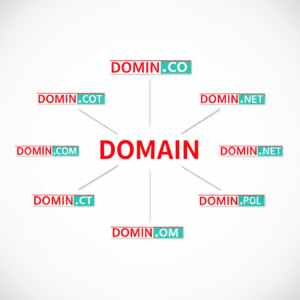
Protecting your brand online is paramount in today’s digital landscape. Registering multiple domain extensions is a key aspect of this protection. It prevents competitors or malicious actors from capitalizing on your brand recognition by registering similar domains. This proactive approach helps to maintain control over your brand’s online narrative and prevents confusion among your target audience.
Safeguarding Against Cybersquatting and Brand Infringement
Cybersquatting, the act of registering a domain name similar to an existing trademark with malicious intent, is a serious threat. By acquiring variations of your primary domain, including common misspellings and alternative top-level domains (TLDs) like .net, .org, and .co, you create a protective shield. This prevents others from registering these domains and potentially redirecting traffic away from your website, damaging your reputation, or even engaging in phishing scams.
Enhancing SEO and Online Visibility
While your primary domain extension remains the core of your online presence, holding multiple extensions can offer SEO advantages. For instance, owning country-specific TLDs like .co.uk (United Kingdom) or .com.au (Australia) can signal to search engines the geographic relevance of your website, potentially boosting rankings in local search results. Additionally, incorporating keywords related to your business within domain extensions can enhance targeted visibility.
Improving User Experience and Accessibility
Multiple domain extensions can significantly improve user experience. Think about common typos. Registering these misspelled versions redirects users to your correct website, avoiding frustration and lost traffic. You can also use different extensions to point to specific sections of your website, creating a more user-friendly experience. For instance, “support.yourbrand.com” could lead directly to your customer support portal.
Choosing the Right Domain Extensions: A Strategic Approach
Selecting appropriate domain extensions requires a strategic approach. Consider these key factors:
Aligning with Your Brand Identity and Target Audience
Your chosen domain extensions should align with your brand identity. A .org extension might be suitable for a non-profit organization, while a .tech extension is a good fit for a technology company. Consider your target audience as well. Country-specific TLDs are essential if you operate in specific geographic locations.
Exploring Industry-Specific and Niche Extensions
The proliferation of new TLDs provides opportunities to register domains that precisely reflect your industry or niche. Extensions like .photography, .realestate, or .law provide targeted branding and increased visibility within specific sectors. These specialized extensions can help you stand out from competitors and attract a more relevant audience.
Budgeting Wisely: Balancing Cost and Benefit
While acquiring multiple domain extensions is a worthwhile investment, it’s essential to budget wisely. Domain registration and renewal fees vary depending on the extension. Prioritize securing essential extensions first, such as common misspellings and relevant TLDs, and gradually expand your portfolio as your budget allows.
Implementing and Managing Your Domain Portfolio
Once you’ve acquired your desired domain extensions, effective management is crucial:
Setting Up Redirects and Forwarding
Configure redirects for all secondary domains to point to your primary website. This ensures that users reach your intended content regardless of the extension they use. Properly configured redirects also consolidate link equity, further benefiting SEO.
Monitoring for Renewal Dates and Security
Keeping track of domain renewal dates is critical to avoid accidental expiration and potential loss of valuable online assets. Utilize domain management tools or set up reminders to ensure timely renewals. Implement robust security measures to protect your domains from unauthorized access or modifications.
Domain Extensions: Frequently Asked Questions (FAQs)
How many domain extensions should I buy? There’s no magic number. Start with the most essential ones for brand protection and gradually expand as needed.
Is buying misspelled versions of my domain really necessary? Yes, it’s a proactive step to prevent competitors or malicious actors from capitalizing on user error.
Can I use different domain extensions for different languages? Absolutely! This can significantly improve the user experience for international audiences.
Are there any legal implications to buying similar domain names? Be cautious. Acquiring domains solely to stifle competition could have legal ramifications. Consult legal counsel if you have concerns.
Investing in multiple domain extensions is a smart, long-term strategy for protecting your brand, enhancing your online presence, and providing a better user experience. By taking a proactive and strategic approach, you can safeguard your brand’s digital assets and build a stronger online presence.

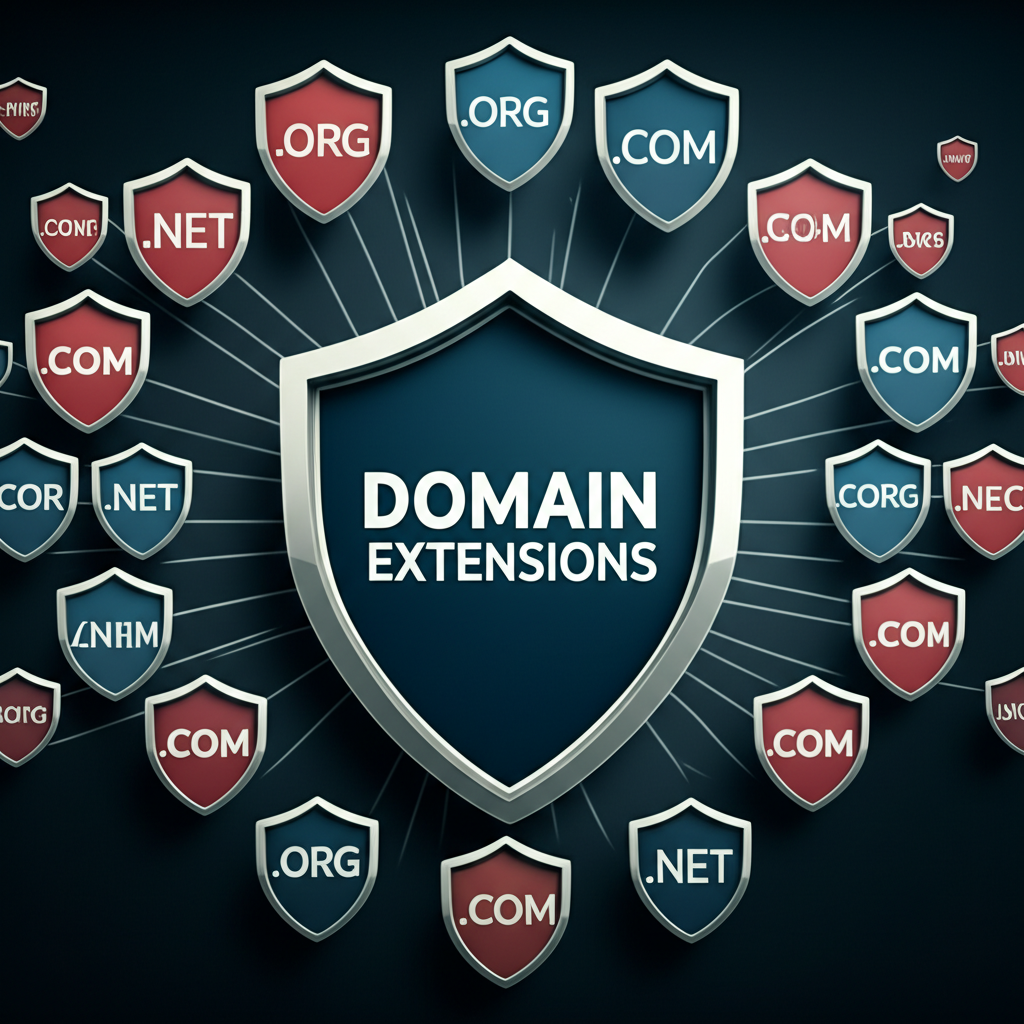



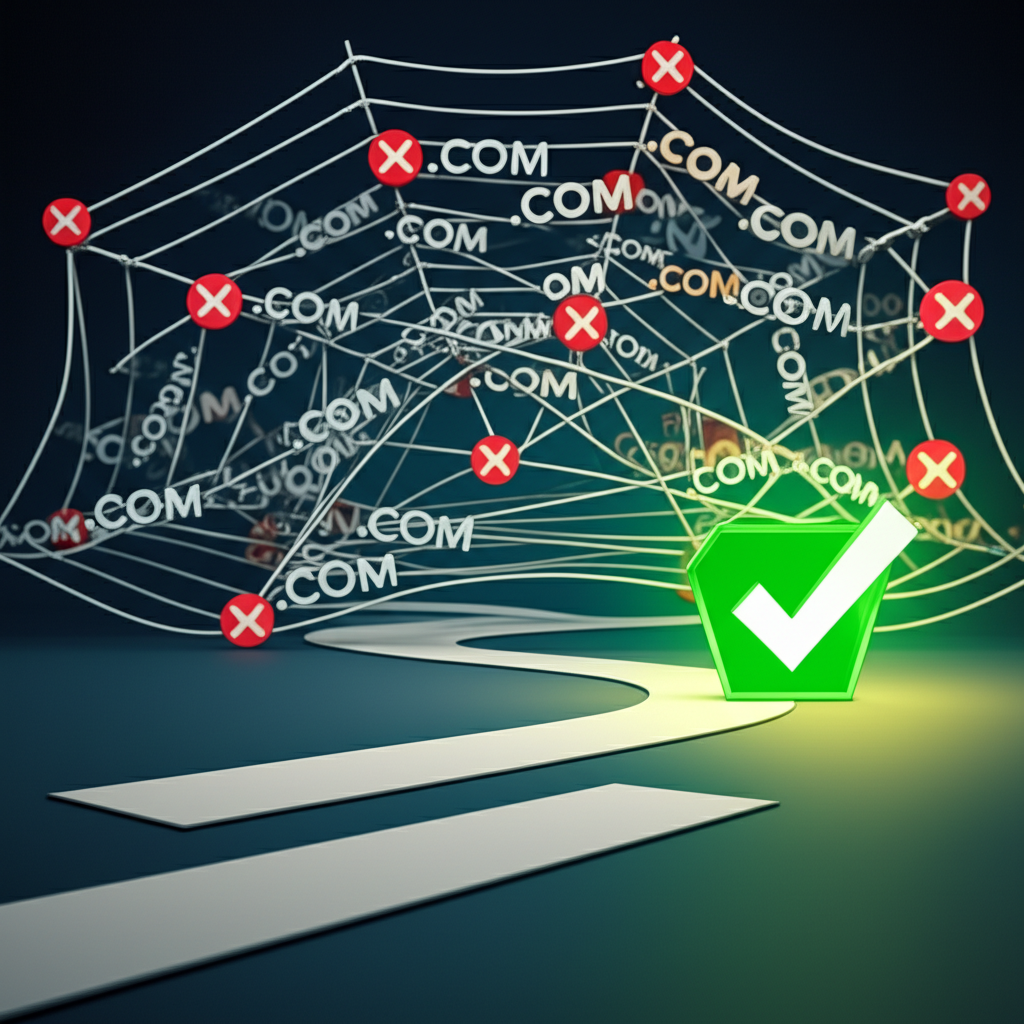

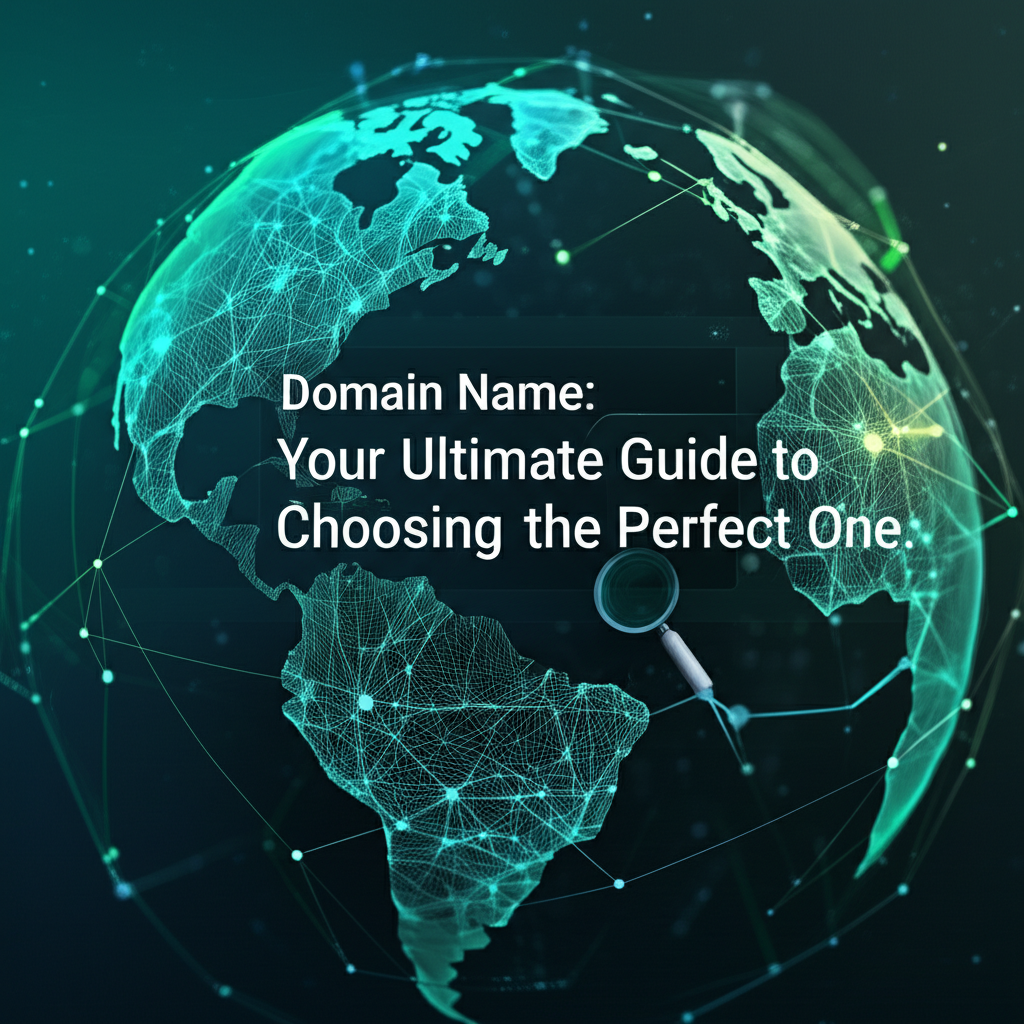

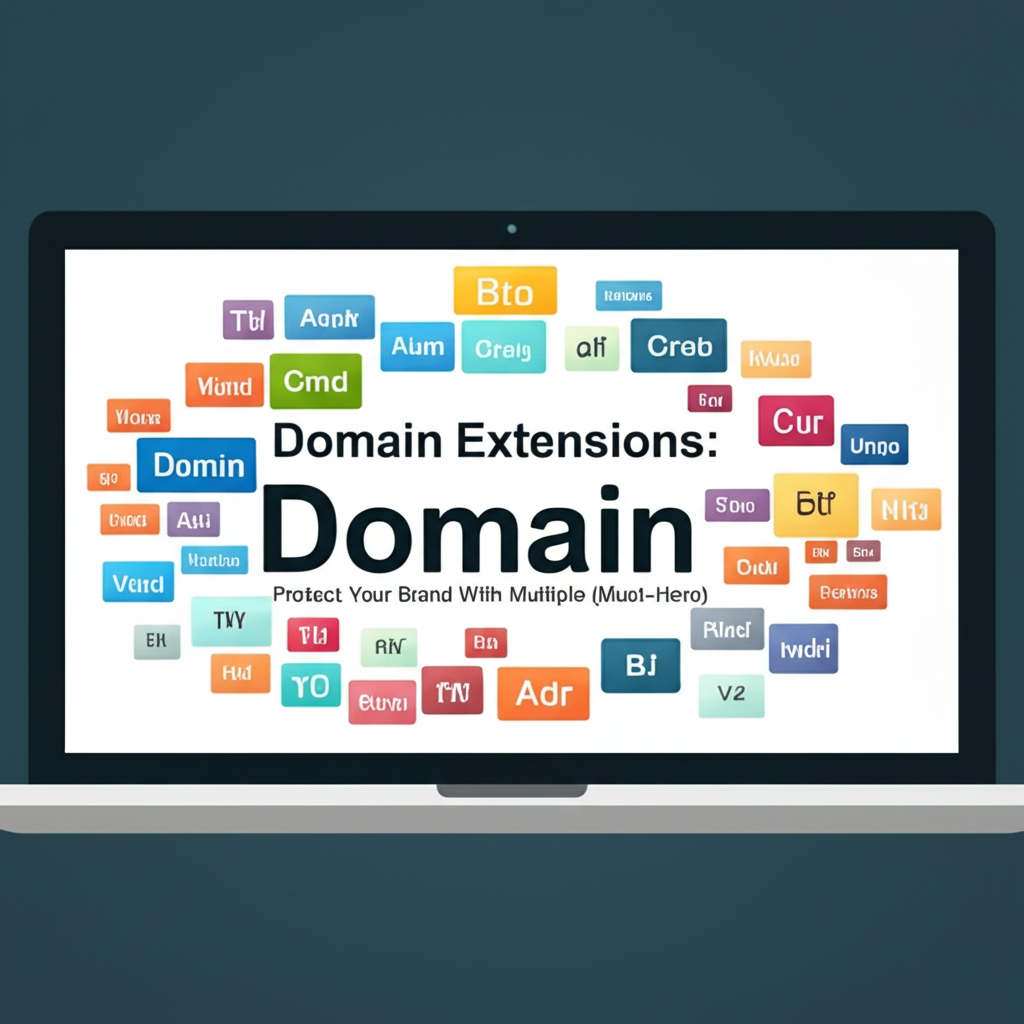

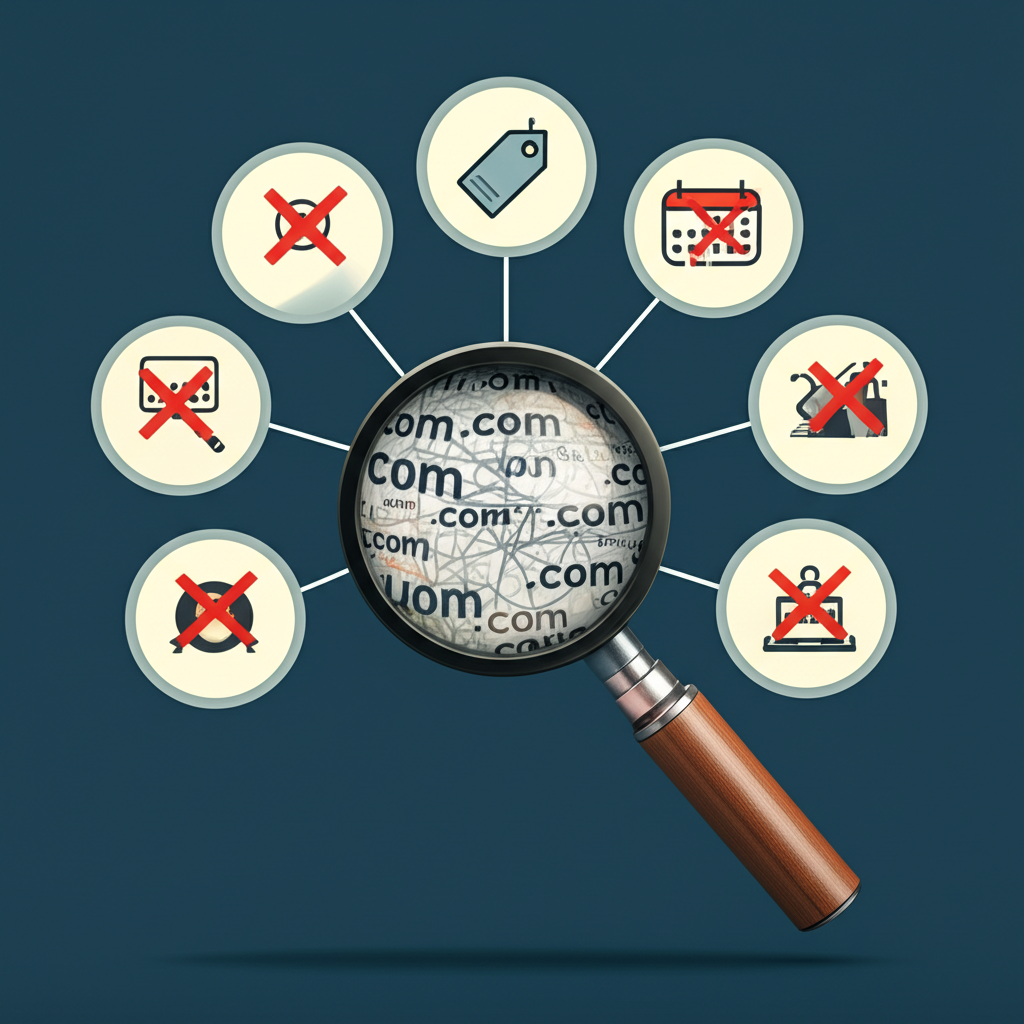



Leave a Reply